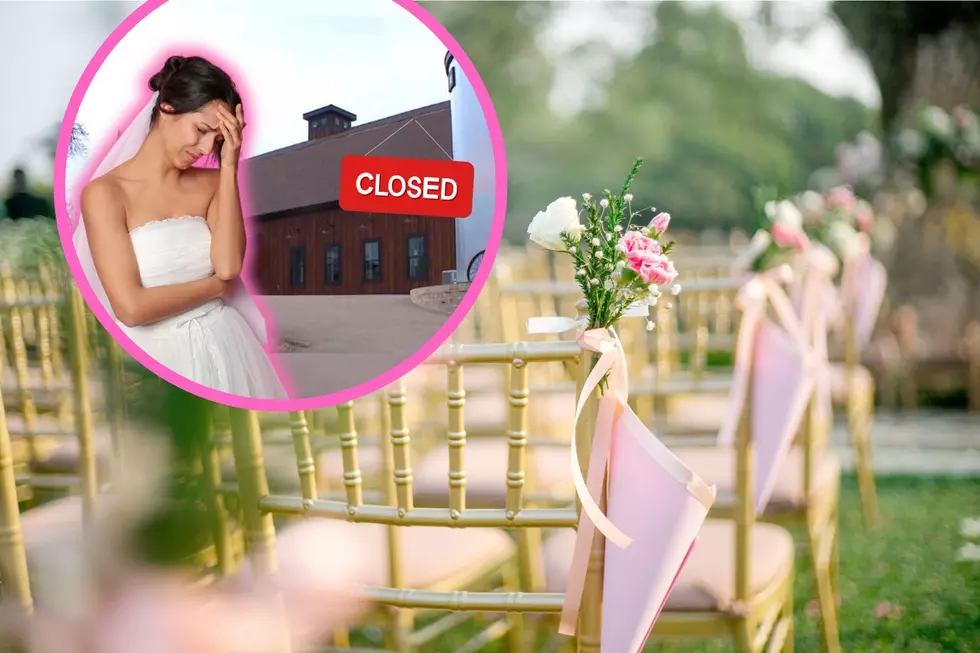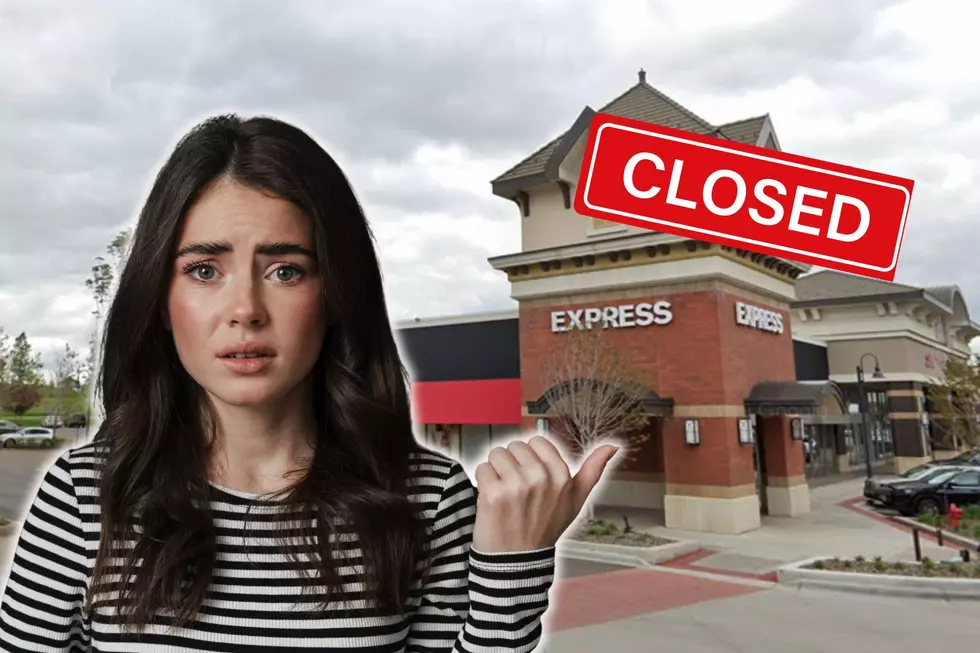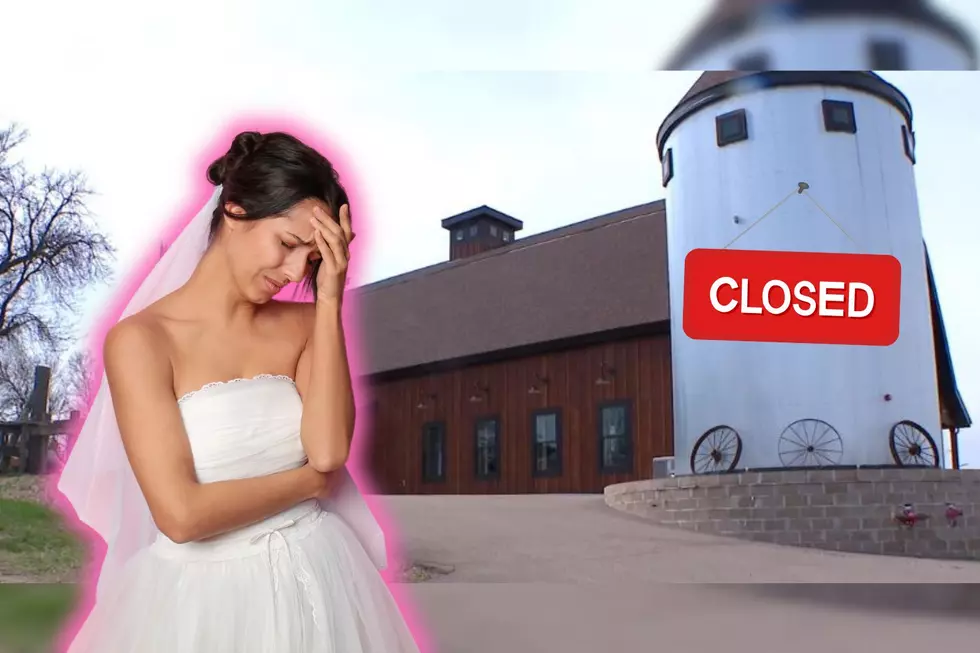
Here’s Why Rochester’s Older Students Don’t Go In-Person Yet

Tuesday, February 2nd, was a big day with big things happening for the Rochester School Board. One of those big things was making a decision about in-person learning...
The Rochester School Board voted Tuesday night to approve a plan to bring Pre-K through 5th grade students back to their classrooms next month.
The switch to all in-person learning at the elementary level will not occur before March 1st. The youngest students in the Rochester School District shifted from distance learning to the hybrid learning model on January 19th while the 3rd through 5th graders made the shift on Monday. The planned changeover to all in-person learning will mark the first time students in the Rochester Public Schools will be in school using a "normal" schedule since Governor Tim Walz declared the pandemic emergency last March. Read More: In School Full-time Approved For Rochester Pre K-5th Students
How did the school board come to the decision they did?
Wednesday on Rochester Today, Jean Marvin, RPS School Board President, joined us for a wide ranging conversation about the meeting and I asked that very question. The answer? Jean Marvin said,
"We want to be able to get our kids back in school, but we want to make sure that they can stay there. We do know that when elementary students can stay distanced, when they wear masks, when the other precautions are taken, that there is very little spread between elementary school students or the students and their teachers among little kids.
It's an entirely different scenario for teenagers. And we're seeing that increasingly in this country, in this state, that teenagers are spreading between themselves and with adults at a much higher rate."
She went on to say when it comes to sending bigger kids back, one of the factors is having 34-35 middle school or high school kids in a class, "physical distancing isn't possible. It's simply isn't possible..."
Also an issue is passing from class to class, restrooms, etc. "You can't keep them all in the same class all day, they're going to be going to different classes" Marvin said.
Click play to hear the whole conversation (scroll down for automatically generated transcription).
Listen to the entire Rochester Today episode below, including more from Jean Marvin telling us if Supt. Munez gets a big contract payout and what's up with the communication between Century High School and parents.
AUTOMATICALLY GENERATED ROCHESTER TODAY TRANSCRIPTION from ROCHESTER TODAY's CONVERSATION WITH JEAN MARVIN, RPS BOARD PRESIDENT 02-03-21
James Rabe (00:01): We're talking to Jean Marvin Rochester, public schools, board president on a different topic. The, a that a bunch of things happened and one of them was returning, uh, K through five students to in classroom, uh, learning, which is, I think fantastic. A lot of parents are thrilled about it, but you, you delayed the decision, uh, on, on older students. Why...what's the difference between the two?
Jean Marvin (00:24): Well, it's a big difference. First of all, we're really concerned about all our students, all of our staff. And right now, I guess it's, I don't know if things could get any worse, but with the possibility of these new strains of virus becoming more contagious and, and taking more victims, we're very concerned about our way forward. We want to be able to get our kids back in school, but we want to make sure that they can stay there. We do know that when elementary students can stay distanced, when they wear masks, when the other precautions are taken, that there is very little spread between elementary school students or the students and their teachers among little kids. It's an entirely different scenario for teenagers. And we're seeing that increasingly in this country, in this state, that teenagers are spreading between themselves and with adults, um, at a much higher rate.
Jean Marvin (01:23): So when we look at sending our bigger kids back, there are a couple of factors. One of them is that when you have a room full of 17 year olds and in high school, middle school, high school, these 17 year olds, um, there may be 34 35 students in a class, physical distancing isn't possible. It's simply isn't possible in addition, because these students have to change classes during the day. Um, and the model that was presented originally, they would be on an eight period day. So they would be going between classes seven times in the hallways, in the restrooms, in the cafeteria, in the library, the physical distancing there is nearly impossible. And that the possibility of spread is just so much higher. In addition to that teaching hybrid for, um, teenagers, again, they have electives, they have all different courses. You can't keep them all in the same class all day, they're going to be going to different classes.
Jean Marvin (02:29): And that means that every teacher will have between 140 and 160 students, if a secondary teacher test positive, it's going to take out that teacher. And then those 140 or 160 students won't have a teacher. And we can't just send somebody to fill in for more than a day or two. You have to have someone who is a content specialist in area. Uh, we've gotten feedback from, uh, from staff, from students and from parents saying that the hybrid model that was proposed for high school is going to be worse education than students are currently getting in a distance learning form. So if they're going to get less education and probably less efficient than they're getting currently distance learning.
Andy Brownell (03:25): So Gina, I know that you're going to kind of review the situation when we get to mid-March before actually moving forward to bring you in the middle and high school kids back to school, hopefully in early April, is that going to be largely contention, um, the vaccination process and progress?
Jean Marvin (03:43): It's going to be two things. And again, that the date in April is it for a secondary students. That's the beginning of fourth quarter, um, switching in the middle of a quarter, especially if you're switching, learning models, like from a black schedule to an eight period day is a big disruption. So the end of third quarter at the beginning of fourth quarter, right after spring break is a, a logical transition time. We absolutely are going to be looking at staff vaccinations. If we can keep our staff in school, we can keep teaching. We can open the schools up safely. Um, so that's really important. Of course, we're going to be looking at community spread too, because we know that when the community spread is higher, more cases come into the school. So if the numbers stay low and especially if our staff is vaccinated, um, or majority of them are vaccinated, that's going to be a game changer.
Jean Marvin (04:47): If, if there is a big change between now and then, and if all of a sudden COVID goes away or, you know, we get that 2000 vaccines for staff. Um, part of the agreement or the resolution we passed is that we can switch the model. Um, before the beginning of April, we can do the same thing for our elementary students, but we look at the data every single day. And, uh, we found even like the week of January 25th through 31st, which is when our little kids were back hybrid in elementary school, we had, um, 14 staff in quarantine and 47, six through 12th graders, 28, uh pre-K through fifth graders. And that was with just three get grades back in for just one week, right.
Andy Brownell (05:44): That gives me a headache off of, just to think of also things that you, as a member of the school board and the staff have to deal with during this time. But the little things are insane.
Jean Marvin (05:51): No, it isn't insane. And I think to me, that's the most heartbreaking is that families, I mean, this is devastating for families and they're, they're angry and they're frustrated and we've been getting, um, literally hundreds and hundreds of emails from people. And they say, listen to the parents. And the thing is which parents, we get completely different perspectives about what is right for my children. You know, each parent, their job is to advocate for their children. And they're saying, this is what you need to do because this is what my kids do. And I believe them. And then the next email, we get to something completely different. So, you know, our parents are certainly not a monolith. Uh, we have tremendous diversity in terms of their needs and their fears and their goals for their kids. And, uh, we really do hear all of them, but at the end of the day, we have to make decisions based on what we know about science, what we've seen happening in other school districts, what the data says, what our health experts are telling us.
Um, we know that there are, uh, social and emotional issues that kids are having. They haven't before the pandemic, this is exacerbated them for many. And we are trying to have as many resources as possible available to the kids and to their families, including bringing those kids who really need to be in school, bringing them into school so that they can be there with an adult, you know, individually or in very small groups. Um, but we have those resources available and our, um, high school and middle school staff has said that they're going to keep working on ways during distance learning to bring secondary kids into school. In small groups, we have some kids who've never been in their middle school or high school before. So bring them in, show them around, maybe have labs.
We can do that with small groups of kids, um, you know, start some clubs back up again, small groups of kids, distance masked, bigger space. Uh, and they're going to really work at doing that over the next couple of months too.
James Rabe (08:18): The Co-host on my morning show...on Y-105FM, Jessica Williams is, is troubled by what you talked about, where her parents are so adamant on one side or the other, and not recognizing that both opinions are valid. So I'm going to repeat what she said. Please just take five seconds step back and realize that we all want something good for our kids.
As always, if you have a comment, complaint, or concern about something I wrote here, please let me know: james.rabe@townsquaremedia.com
Listen to James Rabe Monday, Wednesday, and Friday from 11-Noon on KROC AM 1340 and 96.9 FM and Weekdays with Jessica Williams Weekday from 6 - 10 AM on Y-105 FM
Need a delish and super easy something for Sunday and you LOVE using your Instant-Pot?
How to make an Instant Pot Cherry Cheesecake
More From KROC-AM









